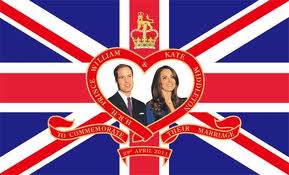Save The Marriage Video: What Is A MidLife Crisis?
https://savethemarriage.com/stmblog/wp-content/themes/corpus/images/empty/thumbnail.jpg 150 150 Lee H. Baucom, Ph.D. Lee H. Baucom, Ph.D. https://secure.gravatar.com/avatar/669b7e375d93f77521ddaba08adb8063?s=96&d=blank&r=pgDo you, in the midst of trying to save your marriage, suspect that your spouse is having a midlife crisis? Many people think they know what that means, but do you really understand it? Do you know what effect a midlife crisis can have on a marriage, creating a midlife marriage crisis? Can this marriage be saved if the spouse is in the midst of a crisis? Here is your “save my marriage advice” when a midlife crisis seems to be a part of the problem!




